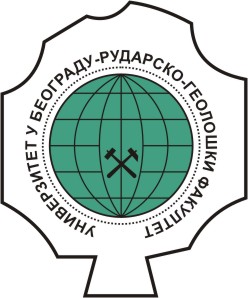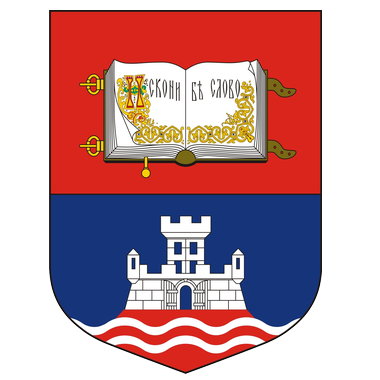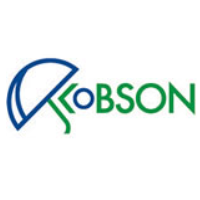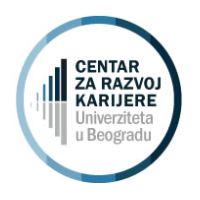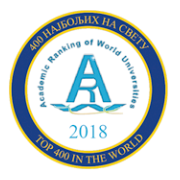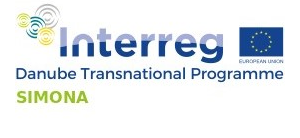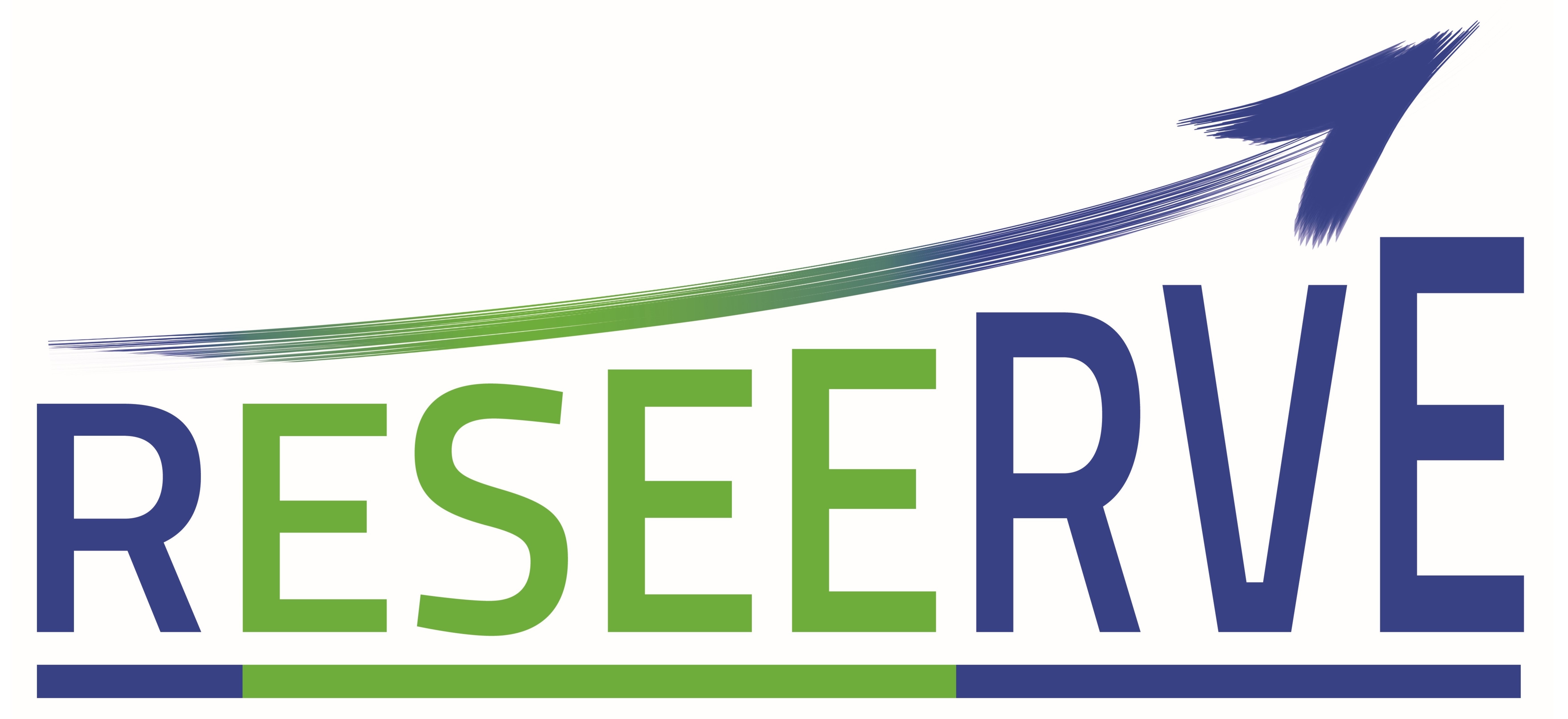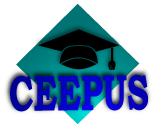Content:
Theory teaching
Chemical composition of natural waters. Physicochemical analysis. Industrial wastewater. Communal wastewater. Legislation. Procedures (methods) for wastewater treatment. Physical (mechanical) methods: screening (coarse and fine), precipitation, filtering. Aeration. Chemical methods: neutralization; oxidation; reduction. Test I. Physicochemical procedures: coagulation, flocculation, adsorption, ion exchange, extraction, reverse osmosis, flotation. Biological processes: aerobic (biological filtration; active sludge; aerated lagoons); anaerobic procedures. Examples of lines for the treatment of industrial wastewater. Examples of lines for the treatment of municipal wastewater. Test II. Practical teaching
Water samples for physicochemical analysis (affected sample, mean concentration and load, mixed sample, total sample). Field analysis. Measurement of water flow. Sedimentation; sedimentation rate. Filtering. Neutralization and precipitation. Oxidation of reducing agents in water. Reduction of oxidizing agents in water. Water Purification by Aeration. Water purification by adsorption method (activated carbon; zeolite); ion exchange (zeolite). Coagulation. Flocculation. Visits to wastewater treatment plants. |
Suggested Reading List:
- Degrémont,Tehnika prečišćavanja voda, Građevinska knjiga, Beograd, 1996.
- D. Ljubisavljević, A. Đukić, B. Babić, Prečišćavanje otpadnih voda, Građevinski fakultet, Beograd, 2005.
- L. Knežić, J. Baras, N. Blagojević, M. Mitrović, Obrada otpadnih voda, I deo, Mehanički i fizičkohemijski postupci, Savez hemičara i tehnologa Srbije, Beograd 1980.
- J. Baras, I. Brković-Popović, L. Knežić, M. Popović, N. Blagojević, Obrada otpadnih voda, II deo, Biološka obrada, Savez hemičara i tehnologa Srbije, Beograd 1979.
- George Tchobanoglous, Franklin L. Burton (editori), H. David Stensel, Wastewater Engineering: Treatment and Reuse, McGraw-Hill Science/ Engineering/Math; 4th edition, 2002.
- James M. Montgomery, Water Treatment Principles and Design, John Wiley& Sons, 1985.
- N. Krešić, S. Vujasinović, I. Matić, Remedijacija podzemnih voda i geosredine, RGF, Beograd, 2006.
- S. Gaćeša, M. Klašnja, Tehnologija vode i otpadnih voda, Jug.udrž.pivara, Bgd., 1994.
|
